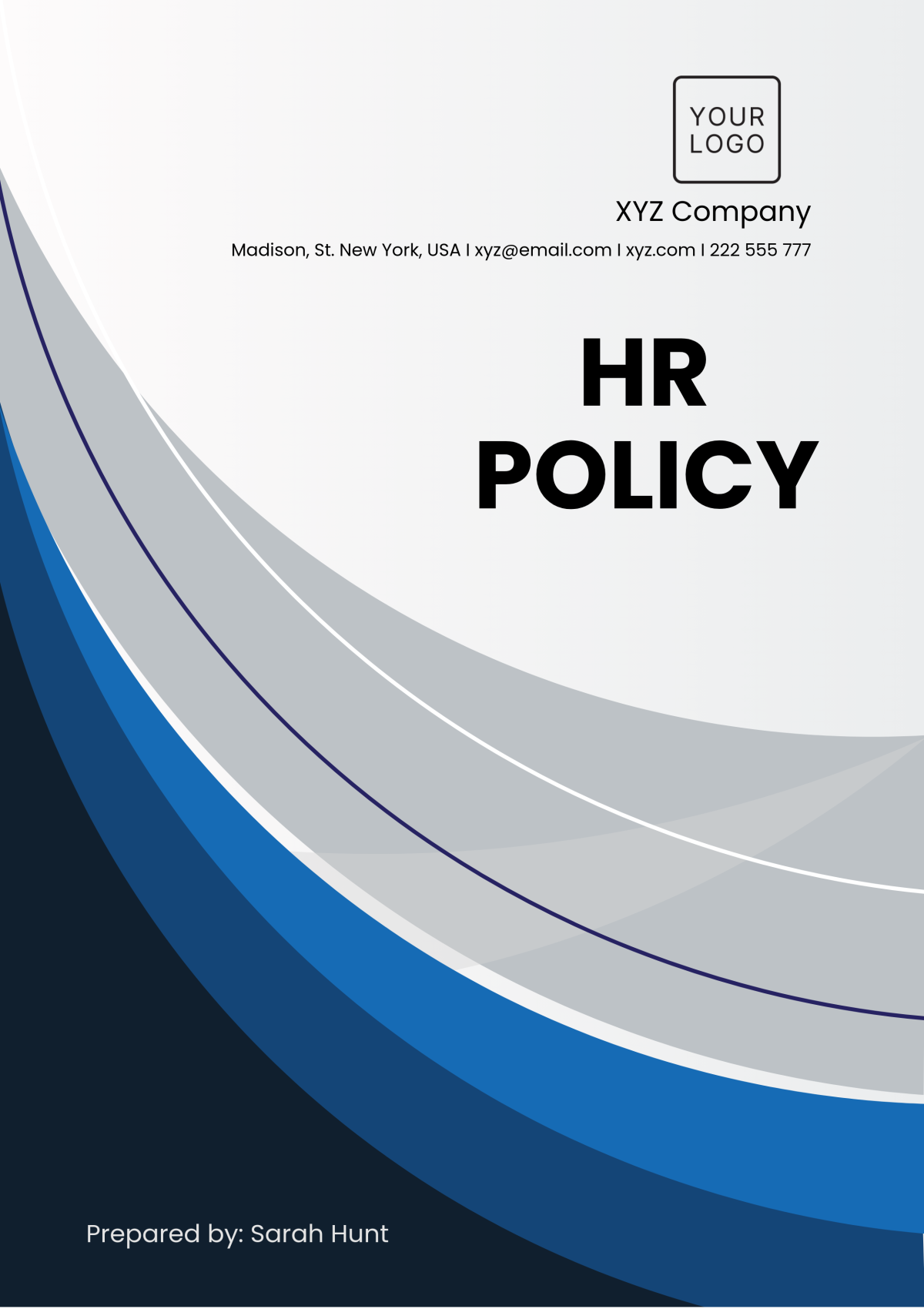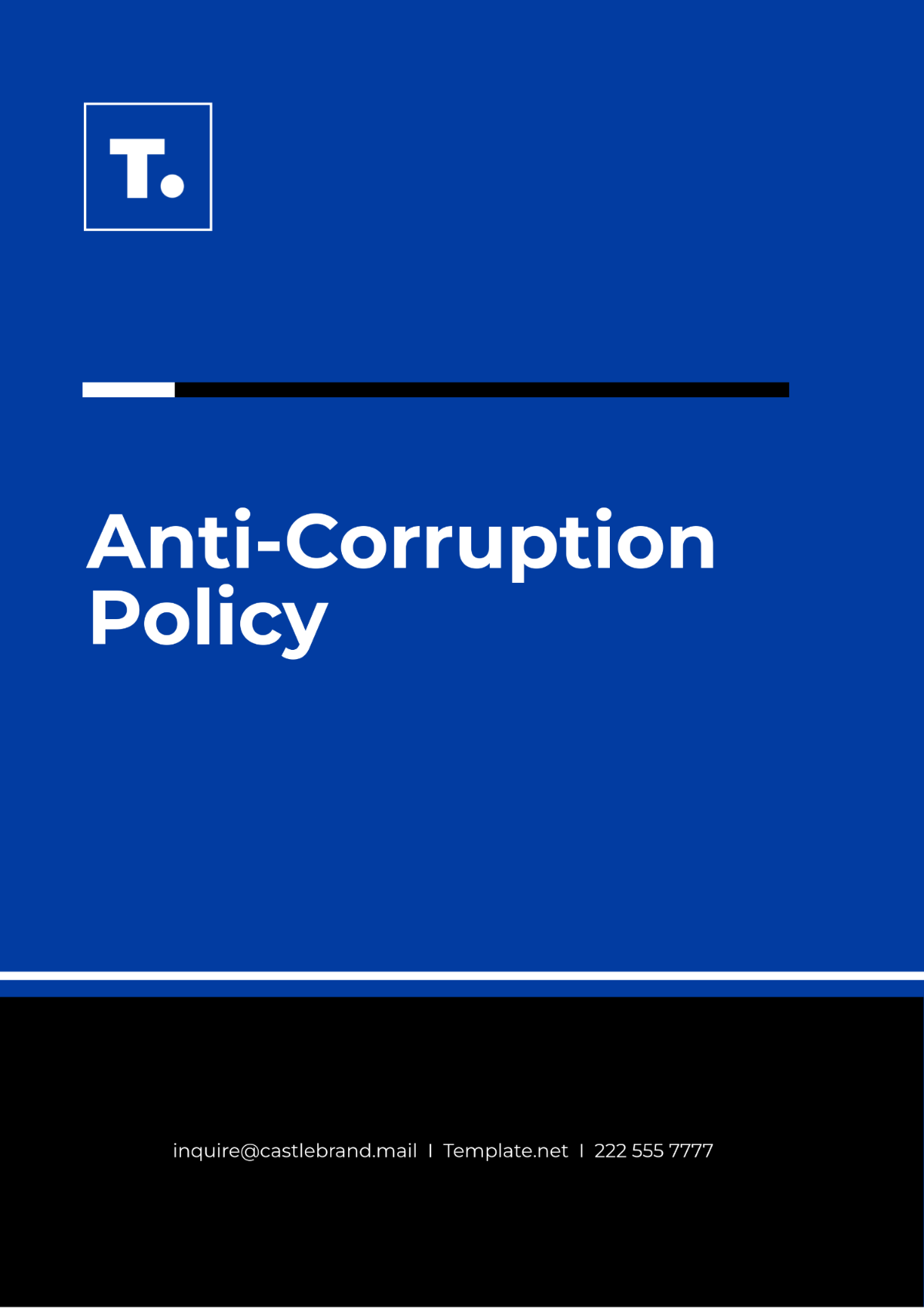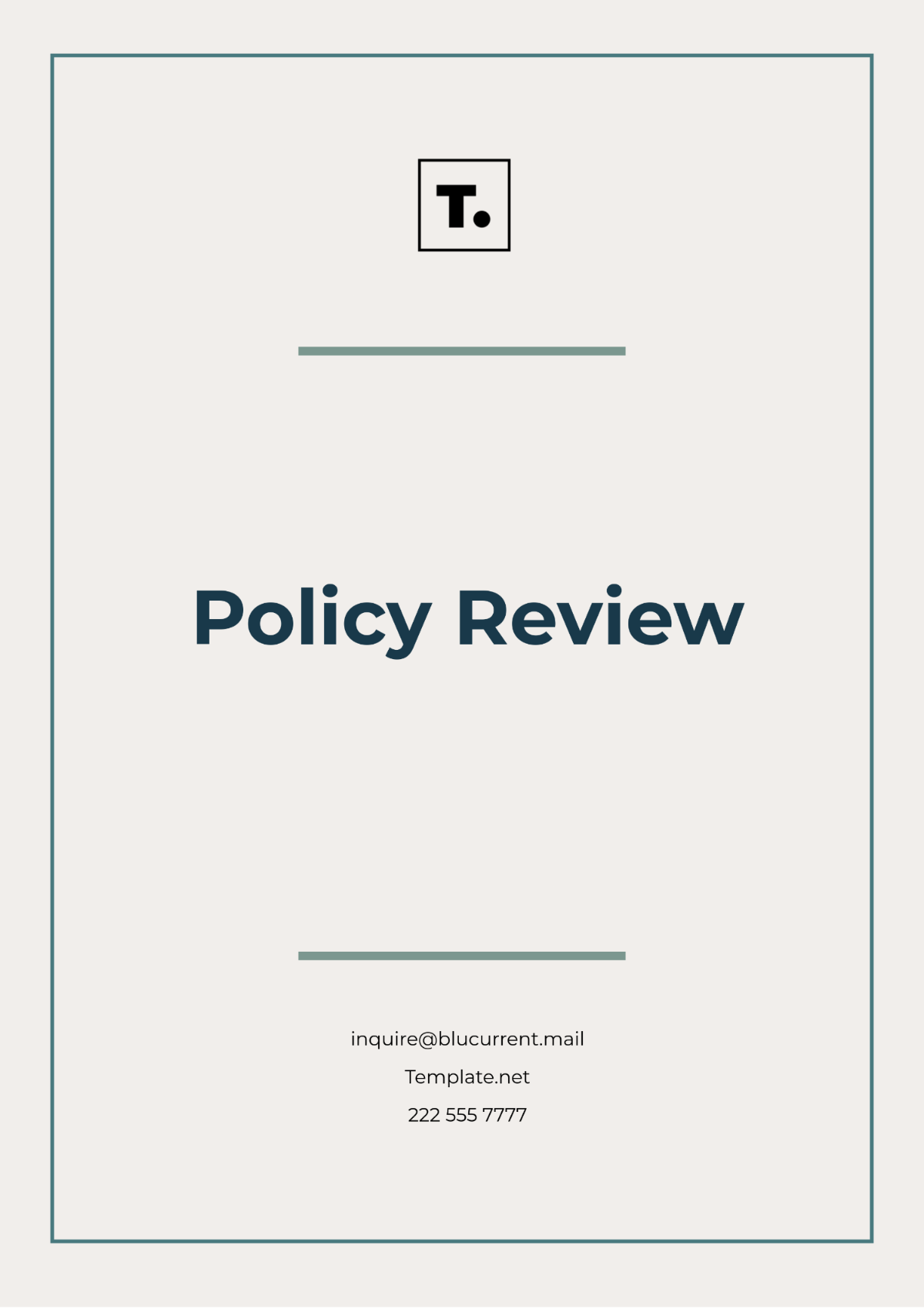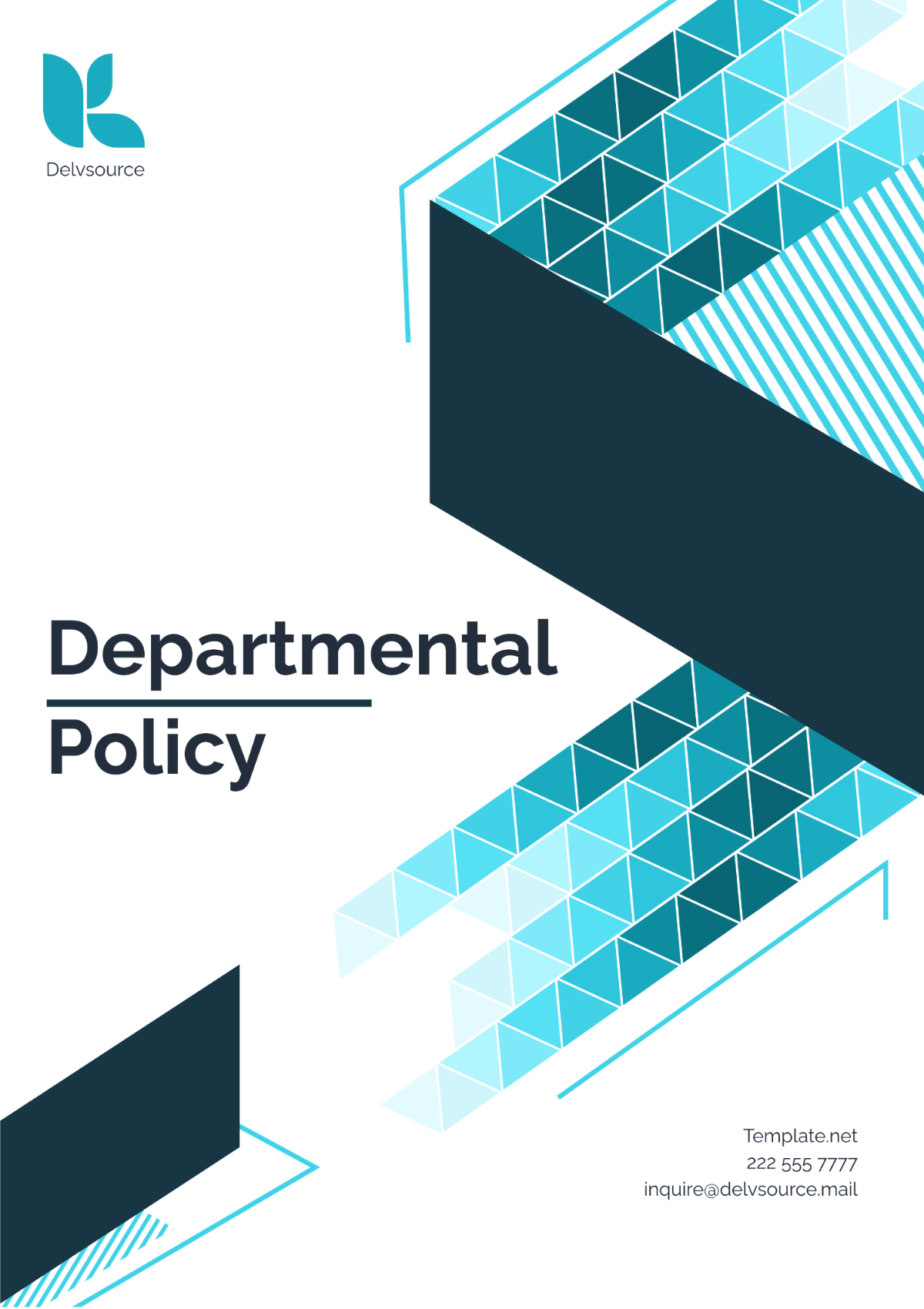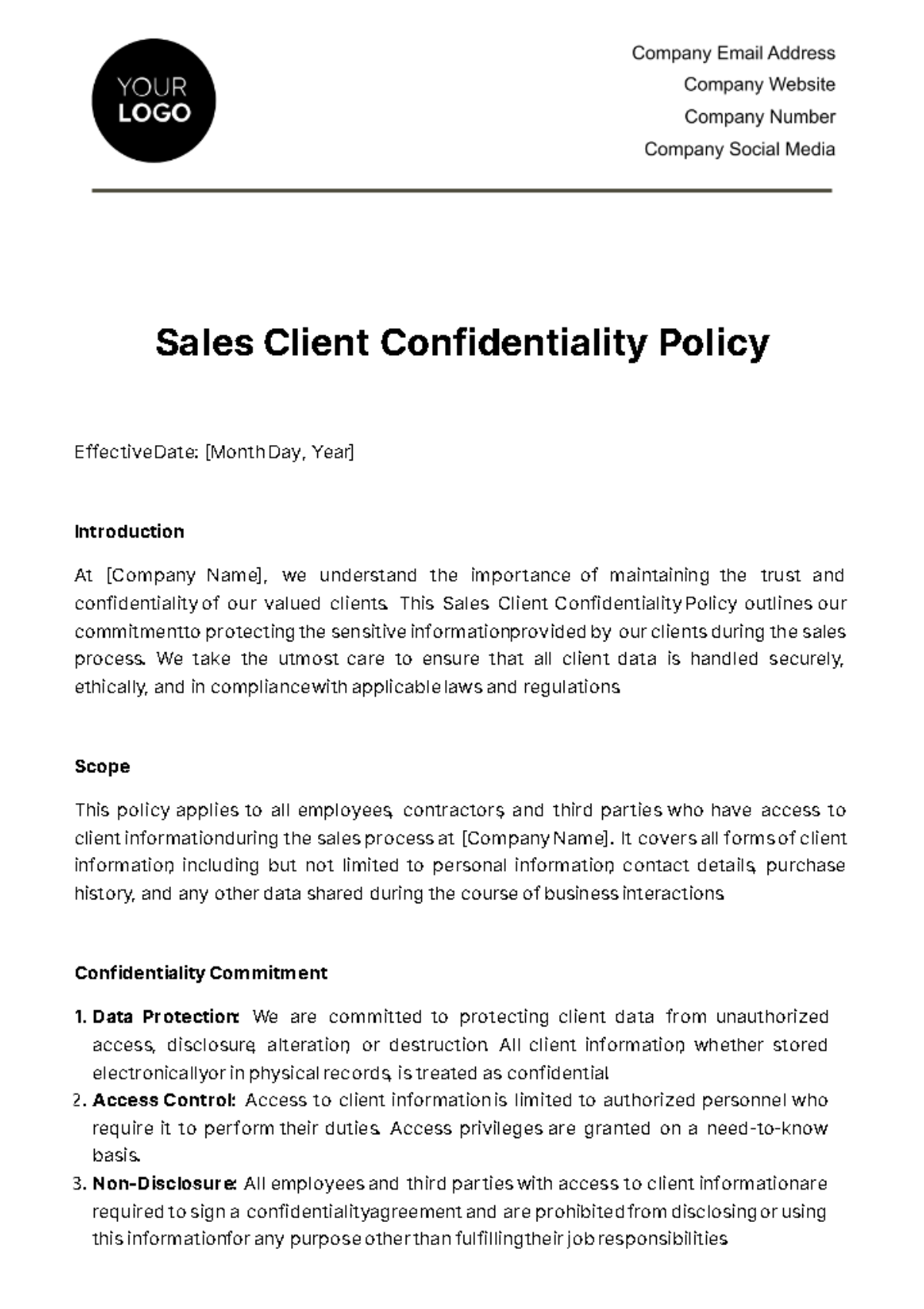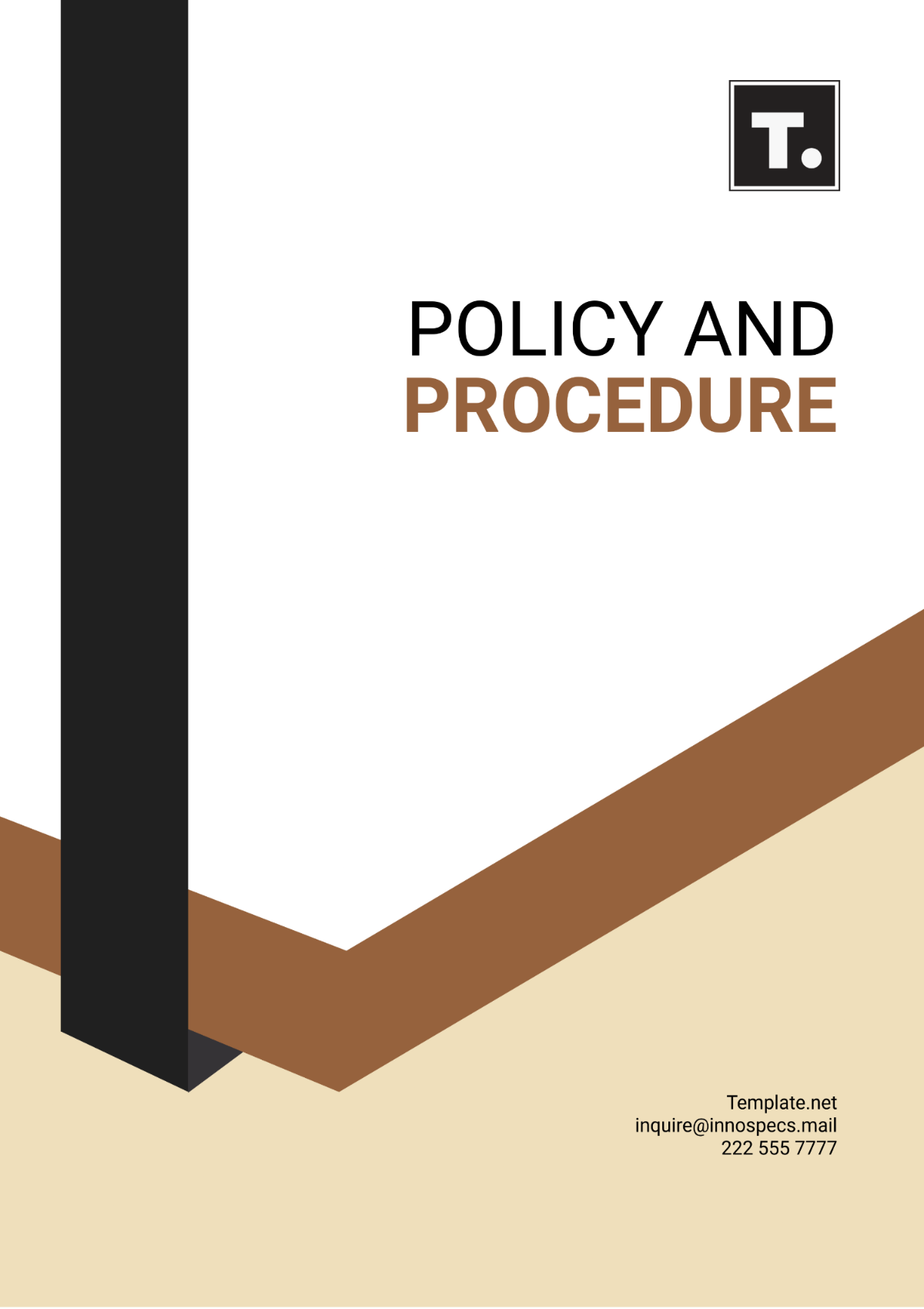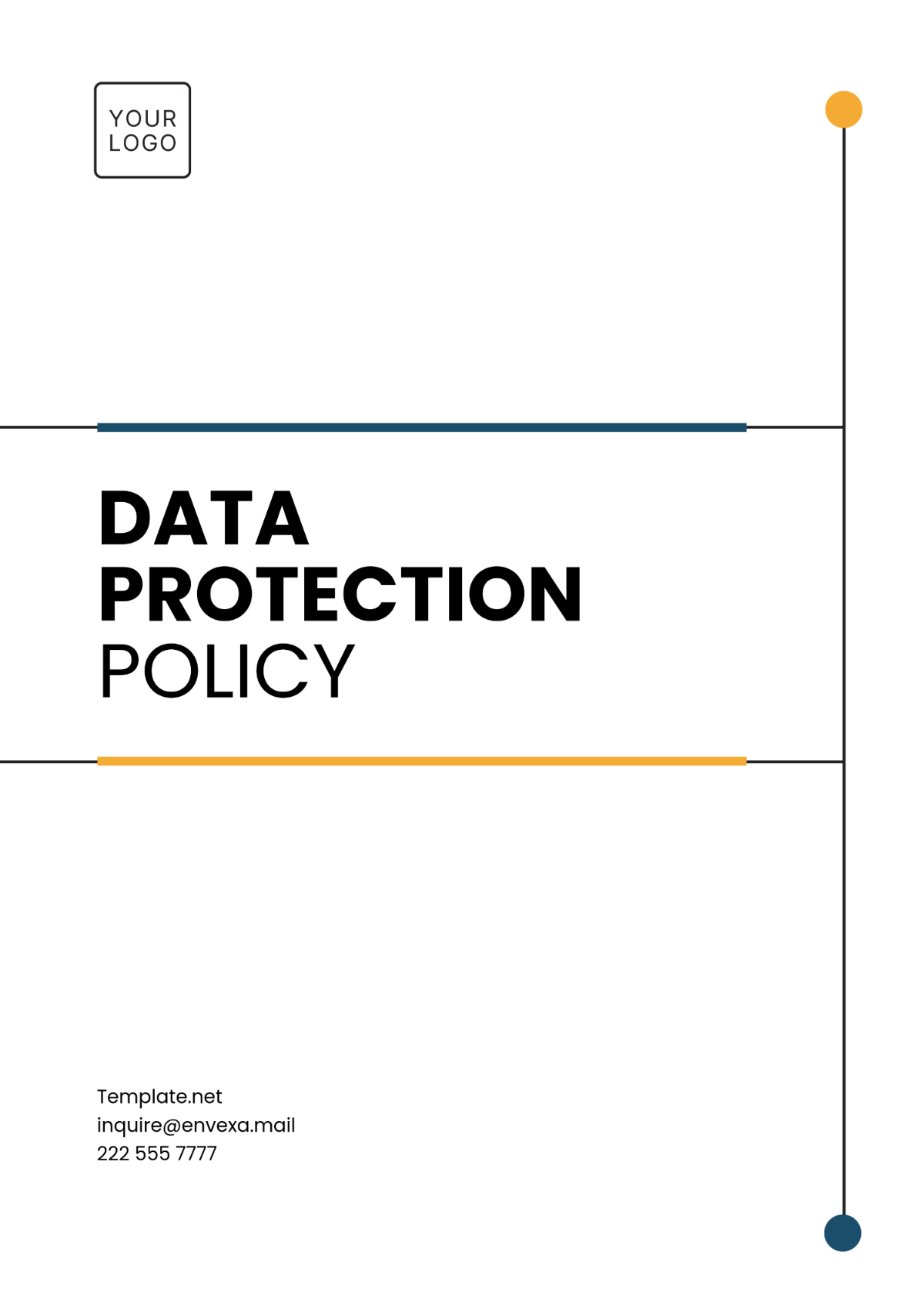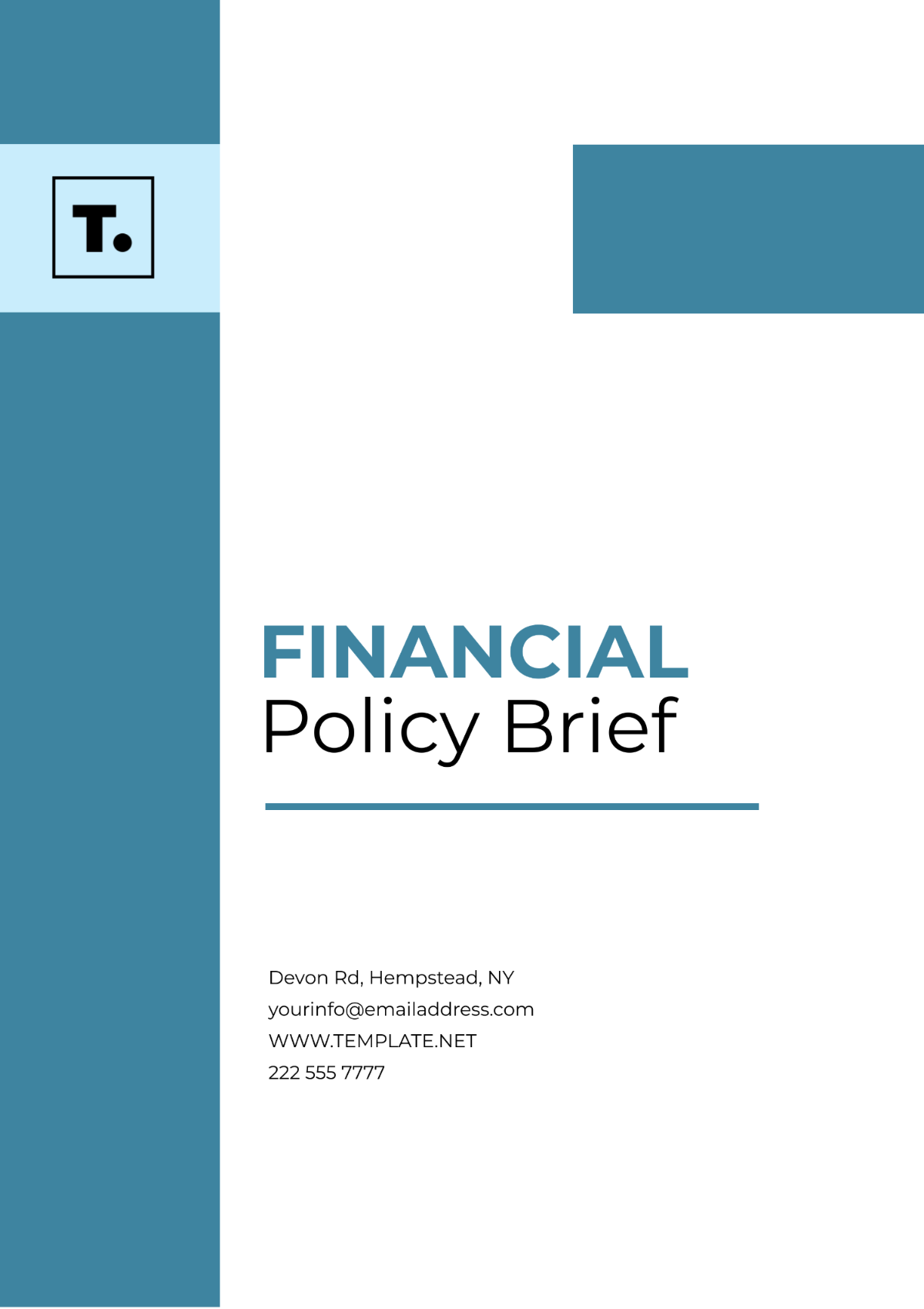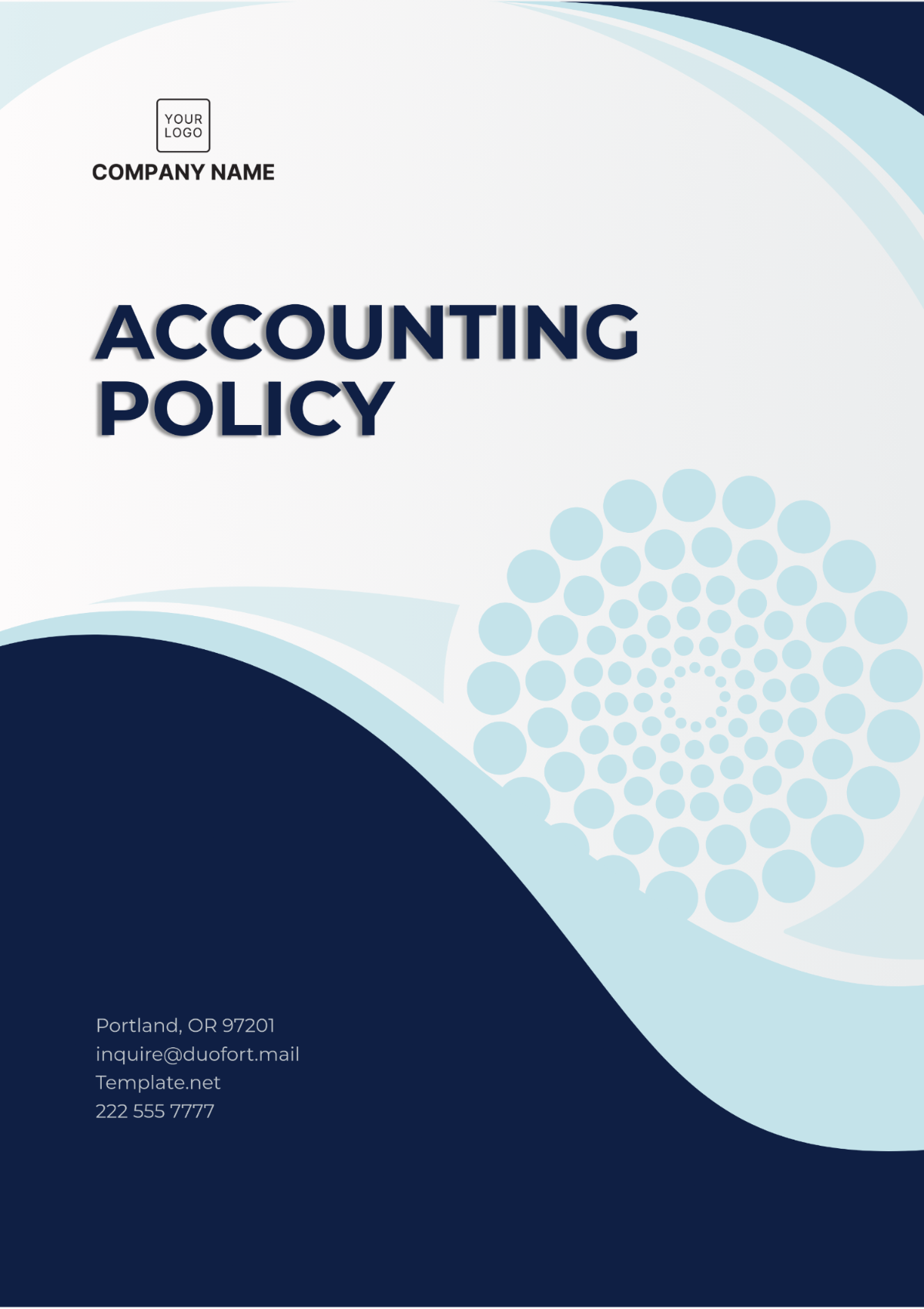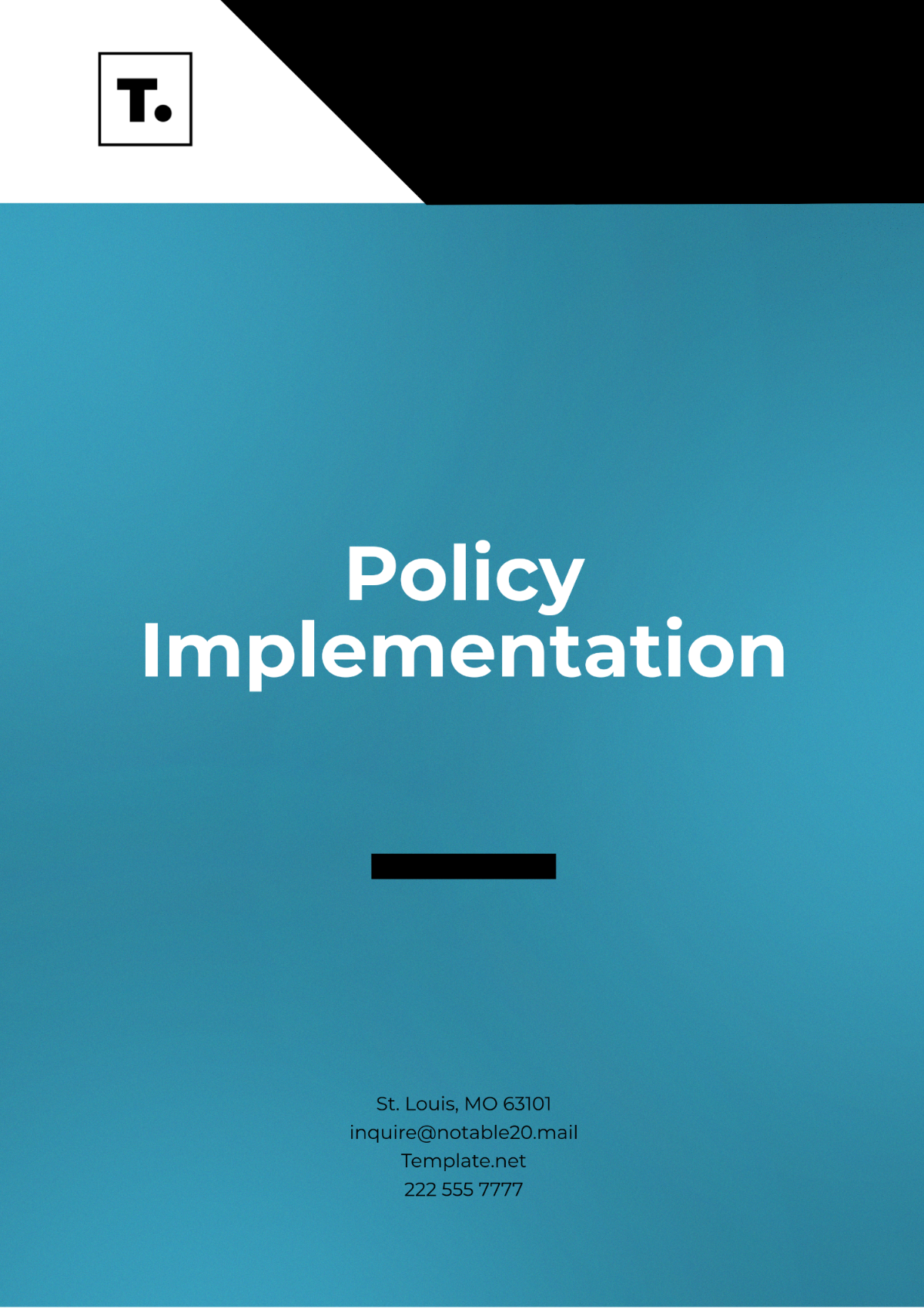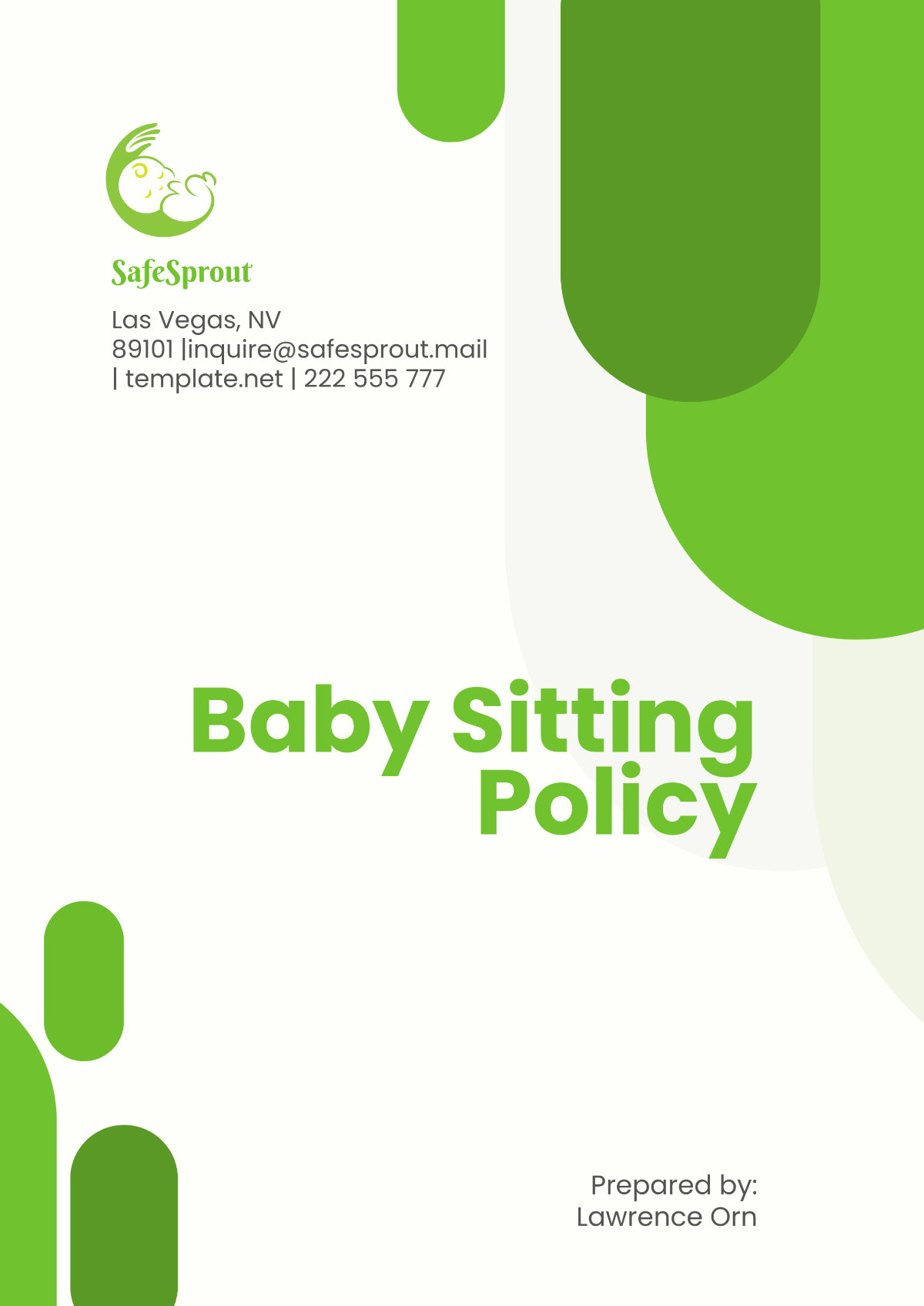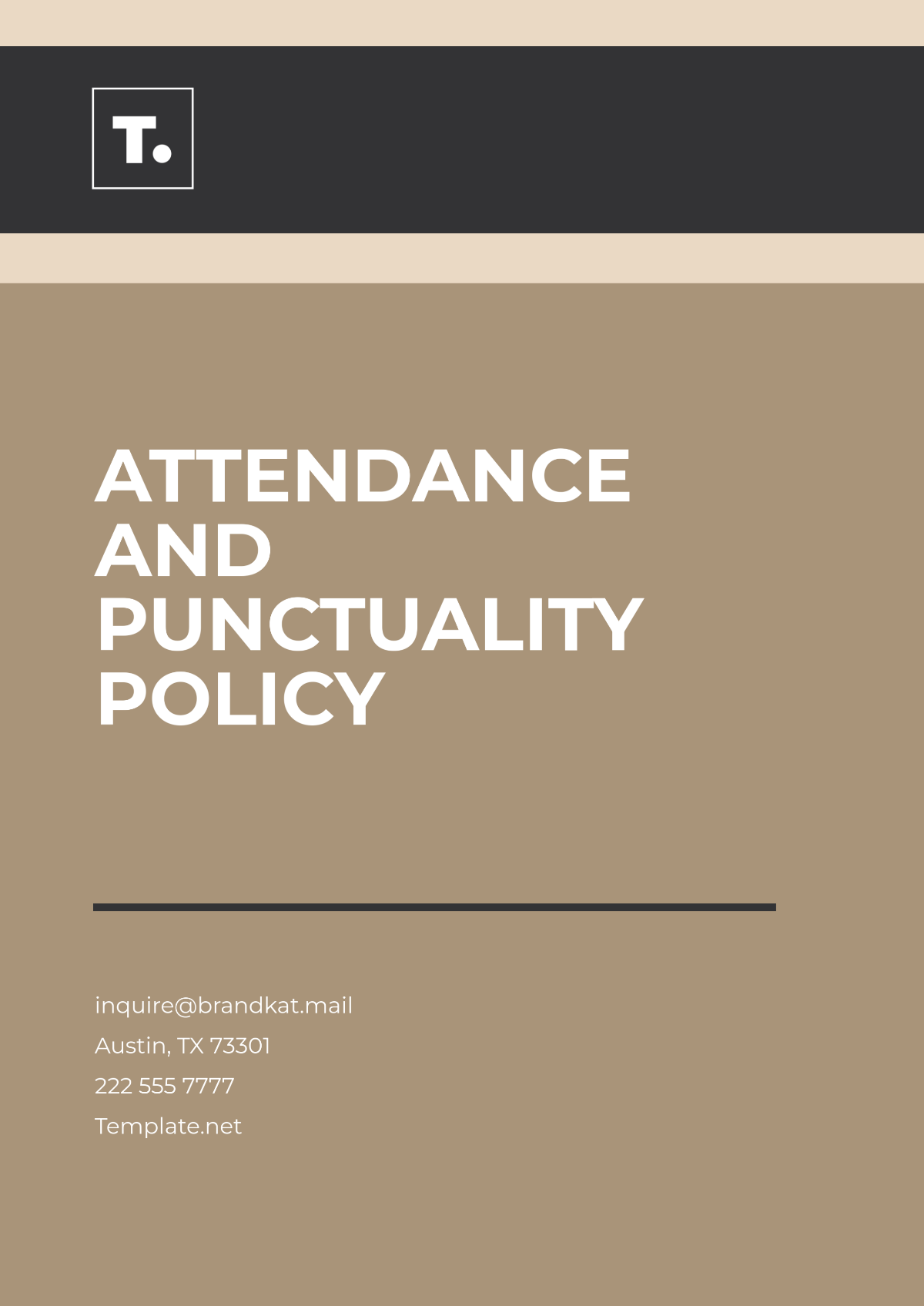Retention Policies Action Research
Prepared by: [Your Name]
Date: [Date]
1. Introduction
The purpose of this research is to analyze and enhance data retention policies within organizations to ensure compliance with emerging regulations and improve data management efficiency. With the rapid evolution of data technologies and regulatory frameworks, it is crucial to continuously update retention practices to mitigate risks and optimize operational performance.
2. Literature Review
Current scholarly investigations underscore the significance of data retention policies as essential components for adhering to regulatory mandates and enhancing operational efficiency within organizations. Prominent theoretical frameworks, particularly the Data Lifecycle Management (DLM) model, stress the necessity of achieving a harmonious balance between maintaining data accessibility and fulfilling retention requirements.
3. Methodology
This research utilized a mixed-methods approach, combining qualitative and quantitative data collection techniques:
Surveys: Distributed to 150 data managers across various industries to gather insights on current retention practices.
Interviews: Conducted with 20 compliance officers to understand challenges and needs in data retention.
Data Analysis: Employed statistical tools to analyze survey results and thematic analysis for interview transcripts.
4. Findings
The research revealed several key findings:
Retention Duration: 65% of organizations retain data longer than required by regulations, risking unnecessary storage costs and compliance issues.
Policy Awareness: 50% of respondents were unaware of recent regulatory changes affecting data retention.
Technology Integration: Organizations using automated data management systems reported 40% higher efficiency in policy adherence.
5. Analysis
The findings suggest that while many organizations have established retention policies, there is a significant gap in aligning these policies with current regulations. Automated systems have proven effective in enhancing compliance and operational efficiency. Recommendations for addressing the identified gaps include:
Regular updates to retention policies in response to regulatory changes.
Increased training for staff on compliance requirements and best practices.
Integration of advanced data management technologies to streamline policy enforcement.
6. Recommendations
To improve retention policies, organizations should consider the following actions:
Policy Review and Update: Implement a schedule for regular reviews and updates of retention policies to align with new regulations.
Training Programs: Develop comprehensive training programs to keep staff informed about compliance requirements and policy changes.
Technology Upgrades: Invest in advanced data management solutions that automate compliance checks and streamline data retention processes.
Audit Mechanisms: Establish robust audit mechanisms to regularly assess the effectiveness of retention policies and practices.
7. Conclusion
This research underscores the need for continuous improvement in data retention policies to address evolving regulatory requirements and operational challenges. By adopting the recommended actions, organizations can enhance compliance, reduce risks, and achieve greater efficiency in data management.
8. References
Smith, J. (2050). "Data Retention Best Practices: A Comprehensive Review." Journal of Data Management.
Lee, K. & Zhang, M. (2053). "Compliance and Risk Management in Data Retention Policies." International Conference on Information Governance.



